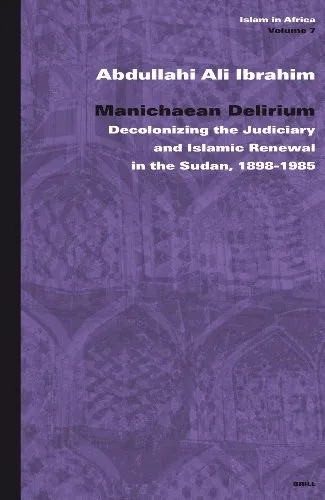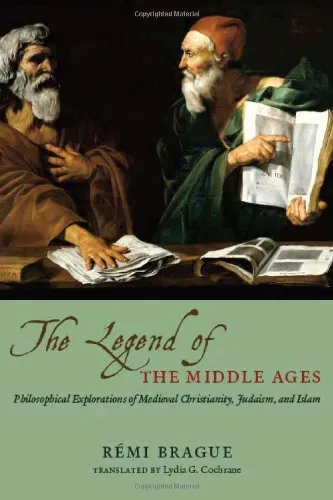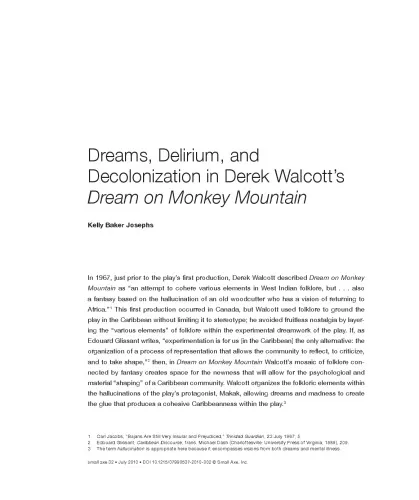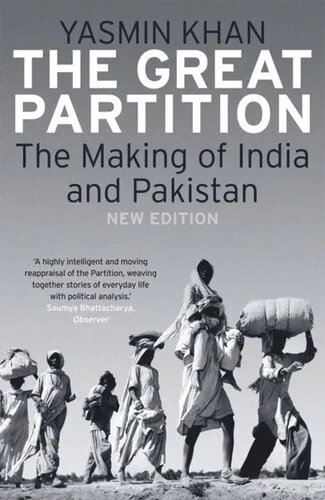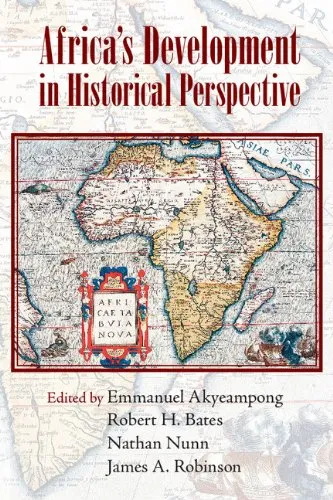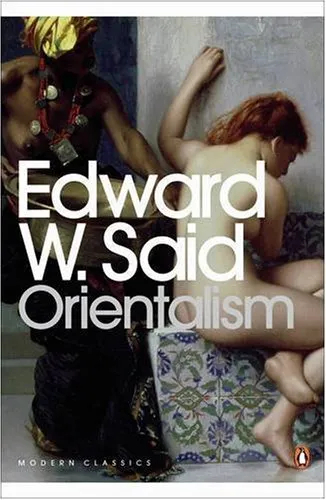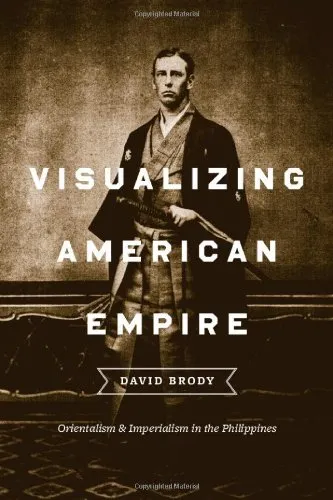Manichaean Delirium: Decolonizing the Judiciary and Islamic Renewal in Sudan, 1898-1985 (Islam in Africa)
4.3
Reviews from our users

You Can Ask your questions from this book's AI after Login
Each download or ask from book AI costs 2 points. To earn more free points, please visit the Points Guide Page and complete some valuable actions.Related Refrences:
Welcome to the world of "Manichaean Delirium: Decolonizing the Judiciary and Islamic Renewal in Sudan, 1898-1985." This groundbreaking work explores the intricate tapestry of Sudanese socio-political life, colonial legacies, and the profound impacts of Islamic renewal on the judiciary system. Authored by 'Abdullahi Ali Ibrahim', the book delves into the historical complexities of Sudan and offers a nuanced narrative of its journey towards decolonization and Islamic rejuvenation.
Detailed Summary of the Book
"Manichaean Delirium" is an in-depth analysis of Sudan's colonial and post-colonial legal systems, documenting the transition from British rule to independent Islamic governance. Spanning the years 1898 to 1985, the book scrutinizes the ideological and practical confrontations that arose as Sudan sought to establish a judiciary in alignment with Islamic principles while disentangling itself from its colonial past. This tension is articulated through a detailed examination of the judicial reforms, political narratives, and the socio-religious dynamics that influenced these transformative years.
Ibrahim investigates the profound duality within Sudanese society — a nation grappling with both the allure of modern statehood and a deep-seated yearning for an Islamic identity. By scrutinizing the legislative evolutions and intellectual discourses, the book uncovers the oscillations between colonial legacies and religious aspirations, highlighting prominent figures and moments that shaped Sudan's judicial landscape. The narrative unfolds the implications of these legal transformations on nationalism, identity, and sovereignty, dramatically capturing the essence of Sudan's "Manichaean Delirium."
Key Takeaways
- The book reveals the intricate balance Sudan strove for in aligning its judiciary system with Islamic law while decolonizing its legal framework.
- It provides an insightful exploration of the intellectual and cultural resistance against colonial legal impositions.
- Through detailed historical analysis, the text underscores the relationship between law, religion, and nationalism in shaping Sudanese identity.
- The narrative underscores the complexity of post-colonial states in redefining governance through the lens of traditional religious values.
Famous Quotes from the Book
"In the heart of Sudan’s legal evolution lay a restless struggle — a yearning to harmonize governance with the spiritual ethos of its people."
"Decolonization was not merely a political endeavor; it was a profound cultural renaissance attempting to reclaim the soul of the Sudanese judiciary."
Why This Book Matters
"Manichaean Delirium" is more than a historical account; it is a critical exploration of the ideological battles that continue to resonate in Sudan and beyond. This book is essential for understanding the complexities of decolonization and the impact of religious revivalism on state institutions. It adds significantly to academic discussions, offering a fresh perspective on how nations navigate legal and cultural identities in the post-colonial era. By examining the Sudanese experience, it informs broader debates on the role of religion in public life and governance, making it a crucial read for scholars, historians, and anyone interested in the dynamics of cultural and legal transformations.
Free Direct Download
You Can Download this book after Login
Accessing books through legal platforms and public libraries not only supports the rights of authors and publishers but also contributes to the sustainability of reading culture. Before downloading, please take a moment to consider these options.
Find this book on other platforms:
WorldCat helps you find books in libraries worldwide.
See ratings, reviews, and discussions on Goodreads.
Find and buy rare or used books on AbeBooks.
1412
بازدید4.3
امتیاز0
نظر98%
رضایتReviews:
4.3
Based on 0 users review
Questions & Answers
Ask questions about this book or help others by answering
No questions yet. Be the first to ask!
